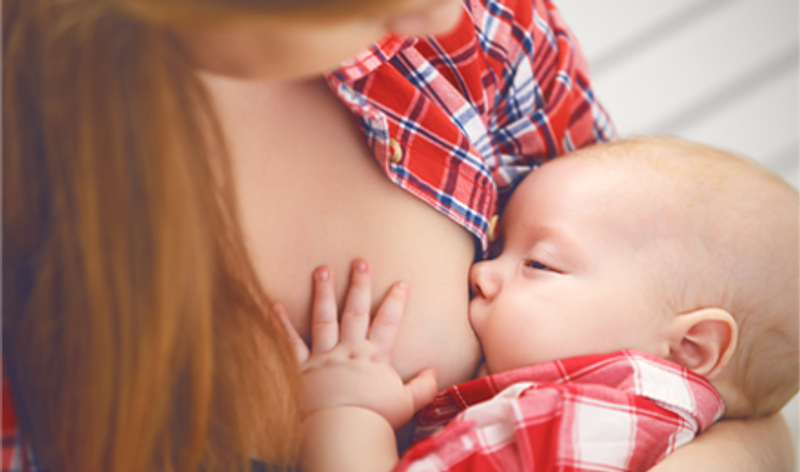
Posted on: August 03, 2017
Infant feeding: a mother’s choice
This week we salute World Breastfeeding Week, which runs from 1-7 August 2017. Breastfeeding is the best way to feed an infant and is important for both mother and baby’s health and wellbeing. The World Health Organisation (WHO) recommends that infants are exclusively breastfed until six months of age, after which breastfeeding is complemented with the appropriate introduction of solid food until two years of age and beyond.
Breastmilk is unequivocally the best source of nutrients for a healthy infant and BSNA members fully support initiatives to increase the rates of breastfeeding in the UK.
However, when healthy infants are not exclusively breastfed, the only food recognised by the WHO as a suitable and safe alternative to breastmilk is scientifically developed infant formula.
It is easy to forget the many reasons why breastfeeding is not an option for some parents, such as difficulty nursing i.e. latch and milk supply, as well as surgery, illness and medication. This is before consideration is even given to the modern day pressures of work and financial commitments, and the diversity of the modern family unit. Modern feeding practices range from exclusive breastfeeding, to topping up while the milk comes in, to night feeds, right through to exclusive bottle feeding. It is therefore imperative that parents and other carers can be reassured that should exclusive breastfeeding not be possible, there are products they can turn to that are safe, suitably designed, highly researched and tightly regulated and controlled.
The first infant formula milk was invented in the 1800s by a scientist who realised that not every mother could breastfeed. This was at a time when early infant death was common, and only a small number of babies who weren’t breastfed were able to survive. And while the public health issues from decades past might not be the same as those of today, what is still apparent is that infant formula provides the only suitable alternative when breastmilk is not an option.